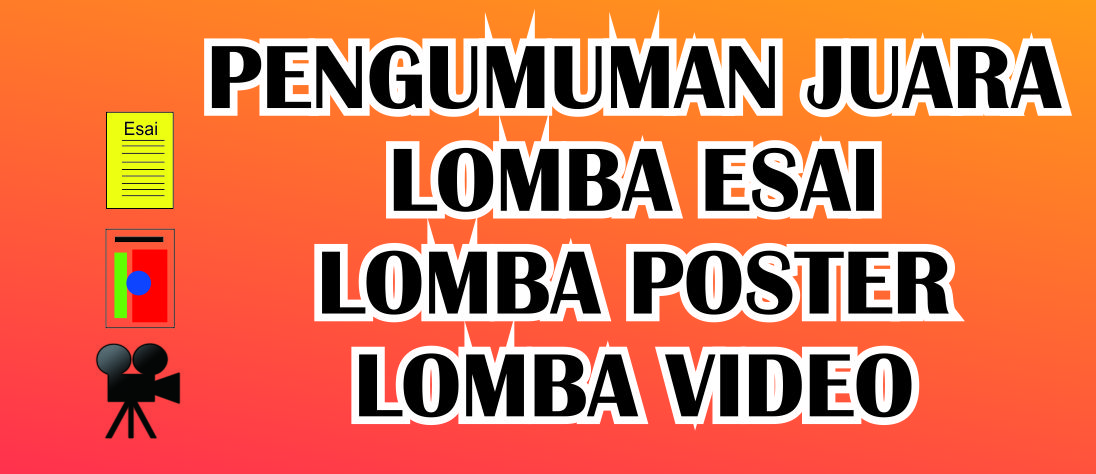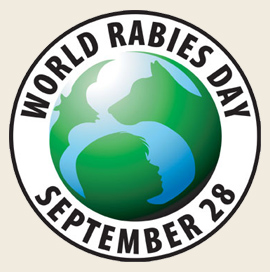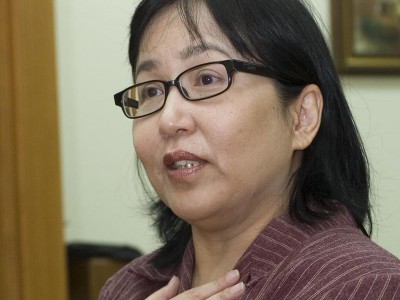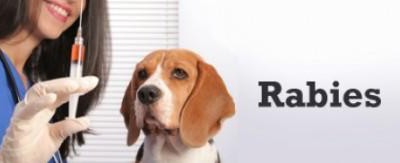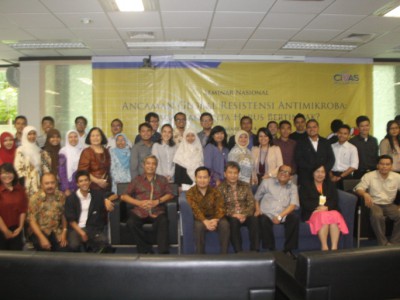Performance, Vision and Strategy Seminar: A Tool for Governance Veterinary Services
Monday, 13 August 2007
Center for Indonesian Veterinary Analytical Studies (CIVAS) collaborating with the Department of Animal Disease Science and Veterinary Public Health of the Faculty of Veterinary Medicine of Bogor Agricultural University and the Association of Veterinary Public Health (ASKESMAVETI) has conducted a seminar themed PVS: A Tool for Governance Veterinary Services. This seminar was carried out on August 14th, 2007, 14:00-17:00 WIB at FKH A classroom of Faculty of Veterinary Medicine, Bogor Agricultural University to introduce the concept of Performance, Vision, and Strategy (PVS) to various parties involved in the development and improvement of the Veterinary Service in Indonesia.
The basis of this seminar was that since 2007, OIE started to introduce a new idea by creating a tool that can be used to evaluate the Veterinary Service (VS) of a country. This tool, known as “Performance, Vision, and Strategy” (PVS), will be the barometer of a country’s achievement in the development and improvement of their Veterinary Service.
Performance, Vision, and Strategy (PVS) was designed to assist a country in determining the performance level of their current Veterinary Service; identifying insufficiency and weaknesses in fulfilling OIE standards and guidelines; developing collaboration with stakeholders (including the private sector); and determining priorities and conducting strategic initiatives.
OIE will send PVS missions to 105 member countries in the next 3 years. Until now, OIE has done 30 missions in member countries mainly in Africa, South America and Asia. The PVS mission to Indonesia has been conducted in May 2007.
The seminar was attended by various institutions such as from the government, academician, researcher, non-government organizations, master and doctoral graduate students, veterinary students, and undergraduate students. The seminar was initiated by an opening remark from the Head of Animal Disease Science and Veterinary Public Health Department, and from the Director of CIVAS, which was then continued by the seminar itself. The seminar was moderated by Dr. Drh. Denny W. Lukman, Msi with the speaker, drh Tri Satya Naipospos, Mphil, PhD, or commonly known as Bu Tata who is the one and only OIE PCS assessor from Indonesia. She has done assessments of PVS to several countries before.
From Bu Tata’s lecture and explanation, it can be summarized that PVS is a tool used by a country to evaluate their Veterinary Service; PVS could be divided into 5 levels; PVS assessment is an indicator for an importing country; and the plan of publishing ranks based on PVS assessment by OIE is something that should be of interest.
From the discussion of this seminar, Heru Setijanto (Dean of the Faculty of Veterinary Medicine, Bogor Agricultural University) said that “The consequence of following globalization is that we have to comply to OIE if we want to be on the same level with developed countries. This is very important and has to be understood by technical departments and the private sector (stakeholder). Currently, the Veterinary Statutory Body is still in development, the body itself is already established but the program and concept is still under discussion. This is our duty and responsibility as veterinarians; we should support the establishment of legislation for our profession”;
I Wayan Teguh Wibawan (Vice Dean of Faculty of Veterinary Medicine, Bogor Agricultural University) had an opinion that “In relations with the Faculty of Veterinary Medicine’s position as an educator, on of the points that I want to underline is the capability of human resources. I think that actually this is the basic power of a body or institution to create something and related to the faculty’s duty, to provide these human resources (people who can express themselves wholly and completely). The Faculty of Veterinary Medicine and Association of Indonesian Veterinary Profession (PDHI) truly understands this. We must have the courage to change and hopefully with this seminar, this change can be accelerated. The current condition is not solely the fault of stakeholders, but it’s all of us because everybody has their own role. What we have now is a very motivating learning process for us all”;
Budi (Quarantine) asked about the position of the quarantine body and provincial and local government; and Bu Tata explained that truly the function of the quarantine body and government offices (dinas) (and their veterinarians) should be clarified, because now there is too much separation. The Temporary Animal Quarantine Installation (IKHS) should be omitted from the Quarantine Act, if we want to improve.
In this opportunity, Bambang Pontjo (Pathology of Faculty of Veterinary Medicine, Bogor Agricultural University) said that “This is not just the duty of the Directorate of Department, but who is the leading sector? We must start from our human resources and education. Because I think that in the end it all depends on the person, all the tools are already there. PVS can not be applied in only one sector, but it must be integrated and coordinative. We must start and whatever we get must be accepted and realized. I doubt we will survive in globalization if things continue to be like this.”
There was also a question from Agung Suganda (Ministry of Agriculture): “This seminar is supposed to be held before the OIE team arrived. Is the standard the same for every country? If it is true that OIE will make a rating based on the PVS assessment and publish it then it can be used as a reference of global trade and it will be a problem for Indonesia. Indonesia will be a potential market for animal products from other countries. Standards for PVS assessment must be adjusted for developing and developed countries. If a country has a very good rating based on OIE, then will the country importing from that country still need to do risk analysis on the exporting country?” Bu Tata explained, “At that time, arrival of the OIE team was not informed, therefore the seminar was considered unnecessary. PVS standards applied now is still the same for all, but this is a good input because until now PVS is still evolving. About the ranks, it’s not only the government affected but also the private sectors; hence it must be a concern for us all. High OIE rating does not guarantee the country free from a certain disease, risk analysis is still necessary for items considered hazardous. “
In this seminar Pebi P. Suseno (Ministry of Agriculture) questioned “The concept of PVS has once been brought up in the 2005 veterinarian mailing list (milis dokter hewan 2005) and at that time there has been a suggestion that we evaluate ourselves and it can be included in the Veterinary Act Draft, but there was no follow up. I hope that all veterinary issues and this PVS tool can be included in the Veterinary Act Draft. I hope we can develop a master plan for the improvement of our Veterinary Service in the future from the evaluation results of our current Veterinary Service (our own evaluation and OIE) (improvement points). There are different views among veterinarians themselves hence the Veterinary Act Draft never received full support.”
Berry Prima (Indonesian Veterinary Student Association/IMAKAHI) asked “From where should we start PVS, is the government’s duty as a decision maker or just PVS? Which country previously did not have PVS and now has succeeded in improving their level?”
Fajar Satrija (Animal Disease Science and Veterinary Public Health of Faculty of Veterinary Medicine, Bogor Agricultural University) asked whether PVS is regularly conducted so ranks can change (once every 5-10 years)? For the last five years with the regional autonomy, animal health issues are very hard to regulate. We hope that veterinary authority can be guaranteed unaffected by regional autonomy and change in leadership.”
Bu Tata’s answers for all those questions were that there are different views among veterinarians therefore the Veterinary Act Draft never received full support; there are countries that have been evaluated but because PVS is still new, there is a possibility for re-evaluation; and there is no standard benchmark for PVS, it depends on each country to improve themselves. PVS can be performed on request of a country. Regional autonomy can not be used for blame but should be viewed as a challenge. A veterinary authority must have a chain of command, currently it does not exist in the Regional Autonomy Act but is can still be fought for in the Veterinary Act Draft.
From that discussion, the moderator concluded that students and the young generation must always develop and improve themselves. Everybody must also take notice on audit issues and self-improvement. This event is a reflection for us to always strive to be better and hopefully it could be spread to everyone.



